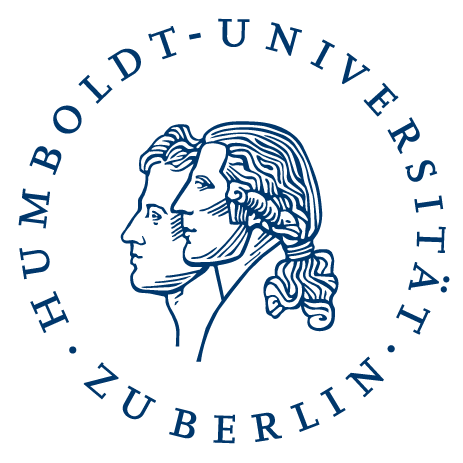Women in Ancient Philosophy
Women in Ancient Philosophy is a networking initiative launched by Ana Laura Edelhoff, at that time a doctoral student at Philosophy, Science and the Sciences, and Bettina Bohle, a former post-doctoral researcher at TOPOI. Since then, all of the RTG’s female doctoral students have been involved in its activities. Currently, the initiative is carried on by Ronja Hildebrandt, Sinem Derya Kılıç, Juliane Küppers and Johanna Schmitt. The aim of this initiative is to foster networking and equal opportunities for young female researchers by organising conferences, workshops and guest lectures.

Women are underrepresented in academic philosophy – as in academia more generally. Women in Ancient Philosophy creates opportunities for female researchers to motivate, and learn from, one another. To this end, Women in Ancient Philosophy has developed two major event formats. The entire planning and organisation of these events is in the hands of the RTG’s female doctoral students:
1) The Ancient Philosophy Workshop for Female Graduate Students and Early Career Researchers
This format provides an international platform for outstanding young female philosophers working in ancient philosophy to present and discuss their research projects and to network with their peers and with senior researchers from all over the world. To organise this a call for papers is issued via international mailing lists, a blind-review of the submitted papers is conducted and speakers are selected to present their papers during the workshop. Female doctoral students of the RTG also participate by chairing the individual sessions and commenting on the presented papers. In addition, a more senior woman philosopher is invited to give the keynote address. Over and above contributing her philosophical and academic experience, this keynote speaker also acts as a role model in the field, sharing valuable insights with her younger colleagues.
The first workshop took place in December 2014 with great success, featuring a highly international group of speakers from all over Europe and the U.S. Equally successful events in the same format followed in 2015 and 2016, again bringing together excellent young women researchers from international universities. The fourth workshop was on 6-7 December 2018.
Among the most valuable results of these workshops are the many personal contacts and networks that were built and further developed over the years, which is an extremely important asset for young women taking their first academic career steps. The workshops are open to graduate students and researchers from all universities and institutions.
2) Women in Ancient Philosophy Guest Lecture Series
The goal of the Guest Lecture Series is similar to the workshop: providing a forum for discussion and networking by bringing together female graduate students and researchers in their early career stages with advanced female academics in ancient philosophy.
The lecture series started in January 2015 with Gisela Striker as guest speaker. Since then, the guest lecture series has featured a broad range of international speakers from various research fields and at different stages in their academic careers, among them Dorothea Frede, Ursula Coope, Martha Nussbaum, Laura Viidebaum and Sarah Broadie. The guest speakers are invited not only to share their philosophical and academic experience, but most importantly to share and discuss their views on gender issues and career advancement for women in academia.
Read more about all Women in Ancient Philosophy events.
Women in Ancient Philosophy Contact: For information about the initiative’s current activities as well as ideas and suggestions, contact Ronja Hildebrandt (Hildebrr@student.hu-berlin.de) or Juliane Küppers (Juliane.Kueppers@fu-berlin.de).






